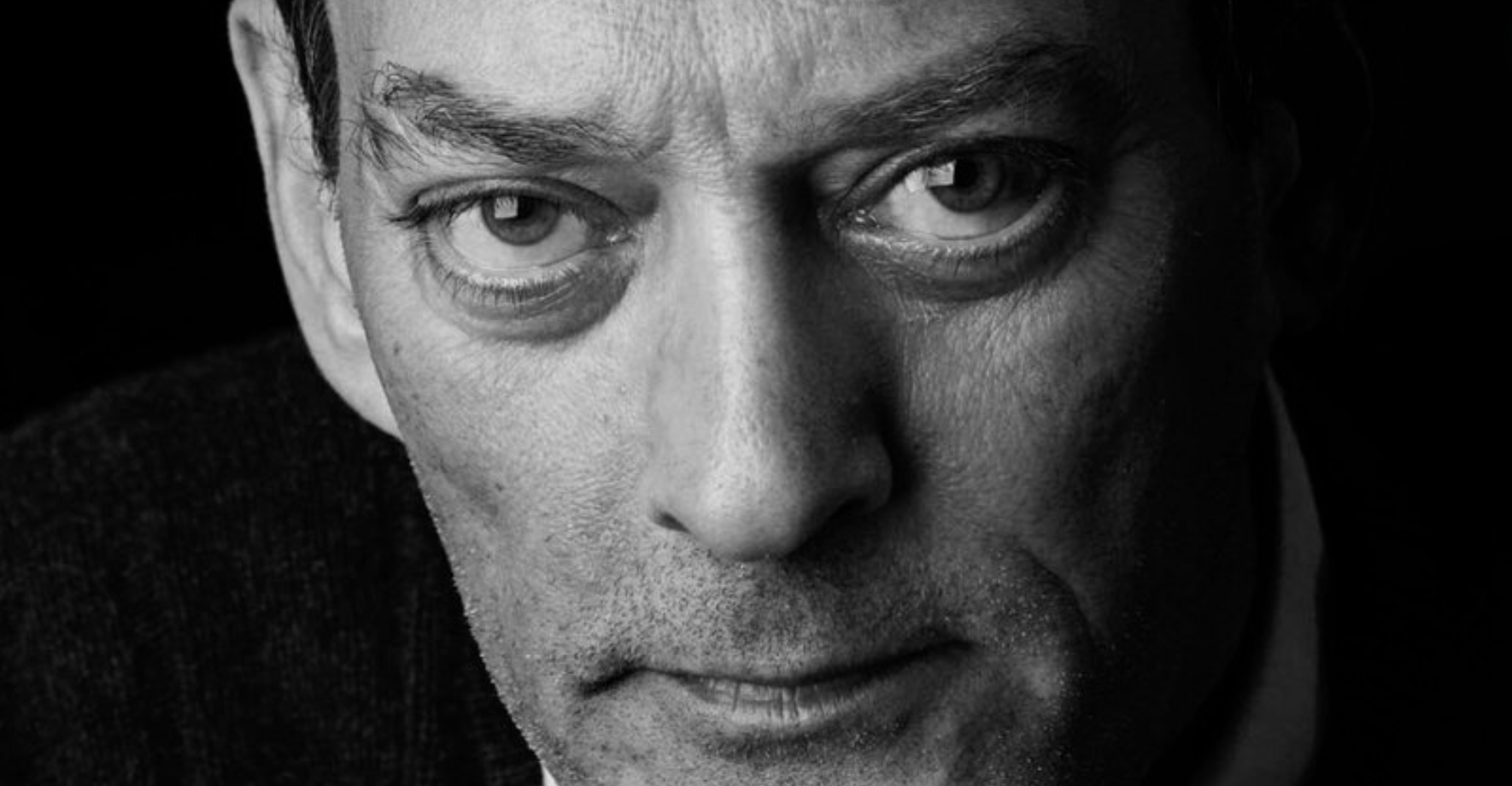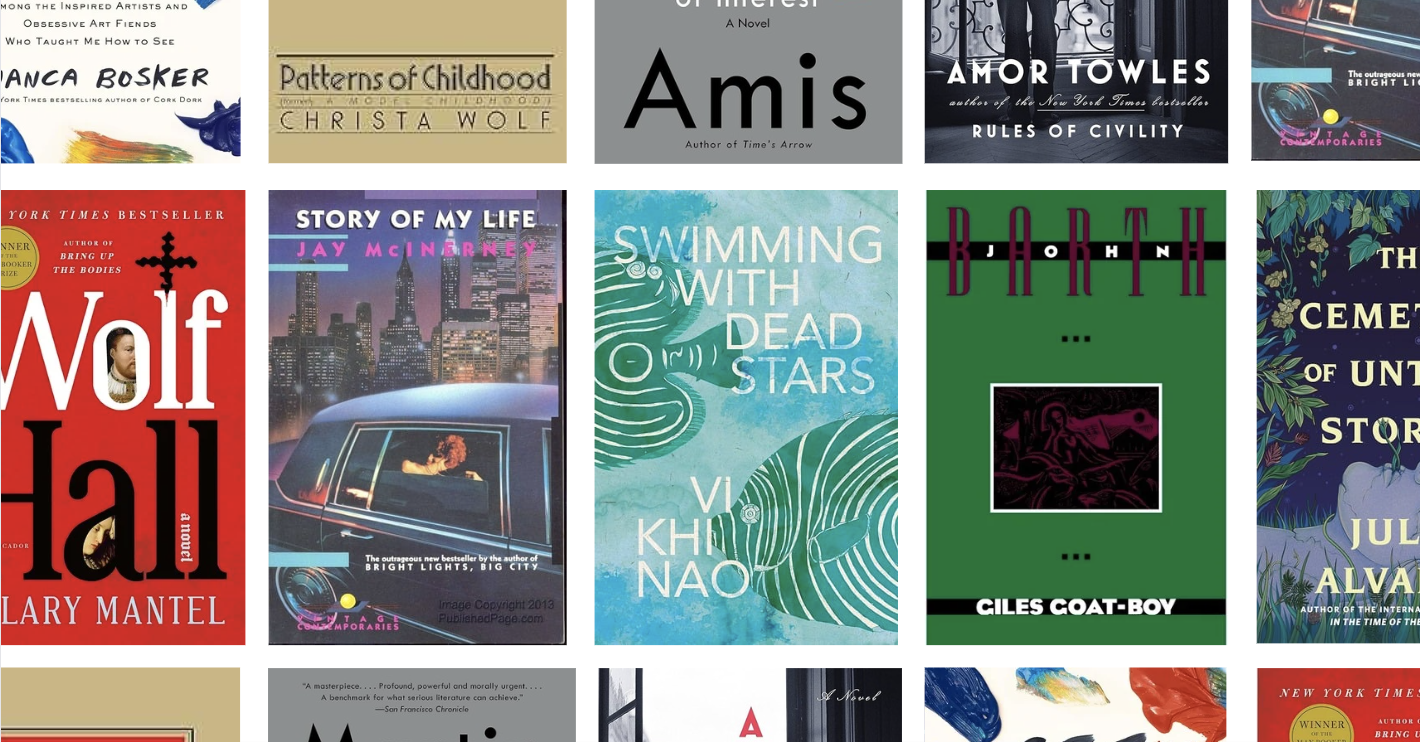 When I discovered W.G. Sebald, I read Vertigo first, and then The Emigrants and The Rings of Saturn. Minutes after I read the final page of The Rings of Saturn, I flipped it over and began again. I read that book six times, maybe seven, and taught it once. Still I avoided Austerlitz. Maybe I was saving the finest chocolate for last or maybe it was fear: fear of the subject matter, fear that the book would fail my expectations, fear that it would be so good that I would never write again. When finally I read it (nearly straight through, though its complicating visual interruptions give less relief than its scanty paragraph breaks), I understood it to be Sebald’s greatest work of art. My description implies that the novel is breathless but in fact it is calm and wise, its terror subtle, creeping, accumulative.
When I discovered W.G. Sebald, I read Vertigo first, and then The Emigrants and The Rings of Saturn. Minutes after I read the final page of The Rings of Saturn, I flipped it over and began again. I read that book six times, maybe seven, and taught it once. Still I avoided Austerlitz. Maybe I was saving the finest chocolate for last or maybe it was fear: fear of the subject matter, fear that the book would fail my expectations, fear that it would be so good that I would never write again. When finally I read it (nearly straight through, though its complicating visual interruptions give less relief than its scanty paragraph breaks), I understood it to be Sebald’s greatest work of art. My description implies that the novel is breathless but in fact it is calm and wise, its terror subtle, creeping, accumulative.
In its layered explorations of the limitations and possibilities of the narrative I and the narrative eye, Austerlitz changed how I read and how I think. The novel offers evidence that silence not the only decent response to atrocity, that art can carry a fiery, gentle intelligence to our hardest questions, that the human heart can be reached—broken—through the intellect.
Read an excerpt from Austerlitz.
More Best Fiction of the Millennium (So Far)
Best of the Millennium, Pros Versus Readers











